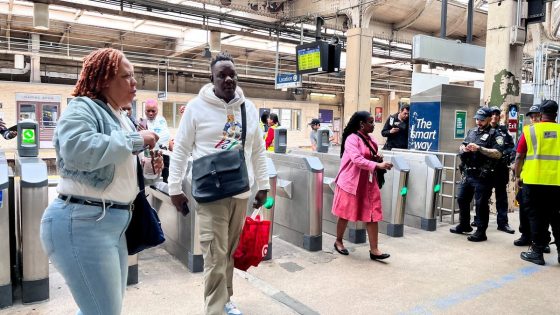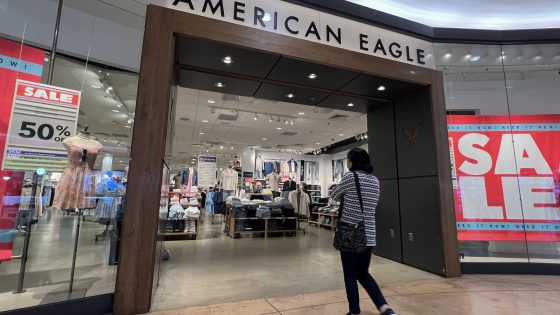A significant transportation disruption is unfolding as New Jersey Transit workers initiated a strike at 12:01 AM on Friday. This labor action marks one of the state’s most impactful transit strikes in decades, affecting over 100,000 daily riders.
- NJ Transit workers initiated a strike Friday.
- Strike affects over 100,000 weekday riders.
- First major transit strike since 1983.
- Commuters advised to work from home.
- Union demands fair pay after contract expired.
- NJ Transit cites financial constraints for negotiations.
The Brotherhood of Locomotive Engineers and Trainmen halted NJ Transit’s entire rail service after negotiations with Governor Phil Murphy failed. Commuters are urged to explore alternative transportation options or work from home, as the strike is expected to create chaos in the region.
While NJ Transit buses remain operational, PATH and Amtrak services continue to run, though overcrowding is anticipated. With many commuters confused at Newark Penn Station, the situation raises questions about the reliability of public transport in times of labor disputes.
This strike prompts a vital discussion on labor relations and public transport efficiency worldwide. How can cities ensure reliable transit in the face of labor disputes? The implications are far-reaching:
- Increased pressure on alternative transport options globally.
- Potential economic impacts in urban centers reliant on public transit.
- Heightened awareness of labor rights and negotiations in various sectors.
As this situation develops, cities around the world must consider how they can improve labor relations and transit reliability to prevent similar disruptions in the future.































